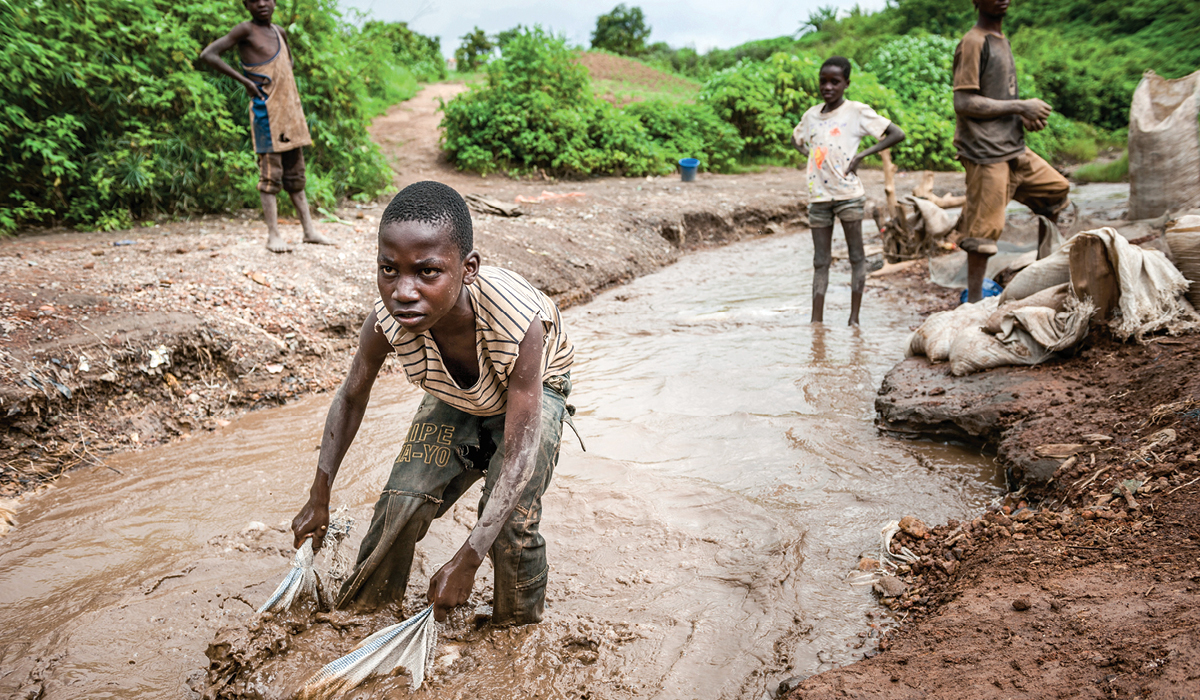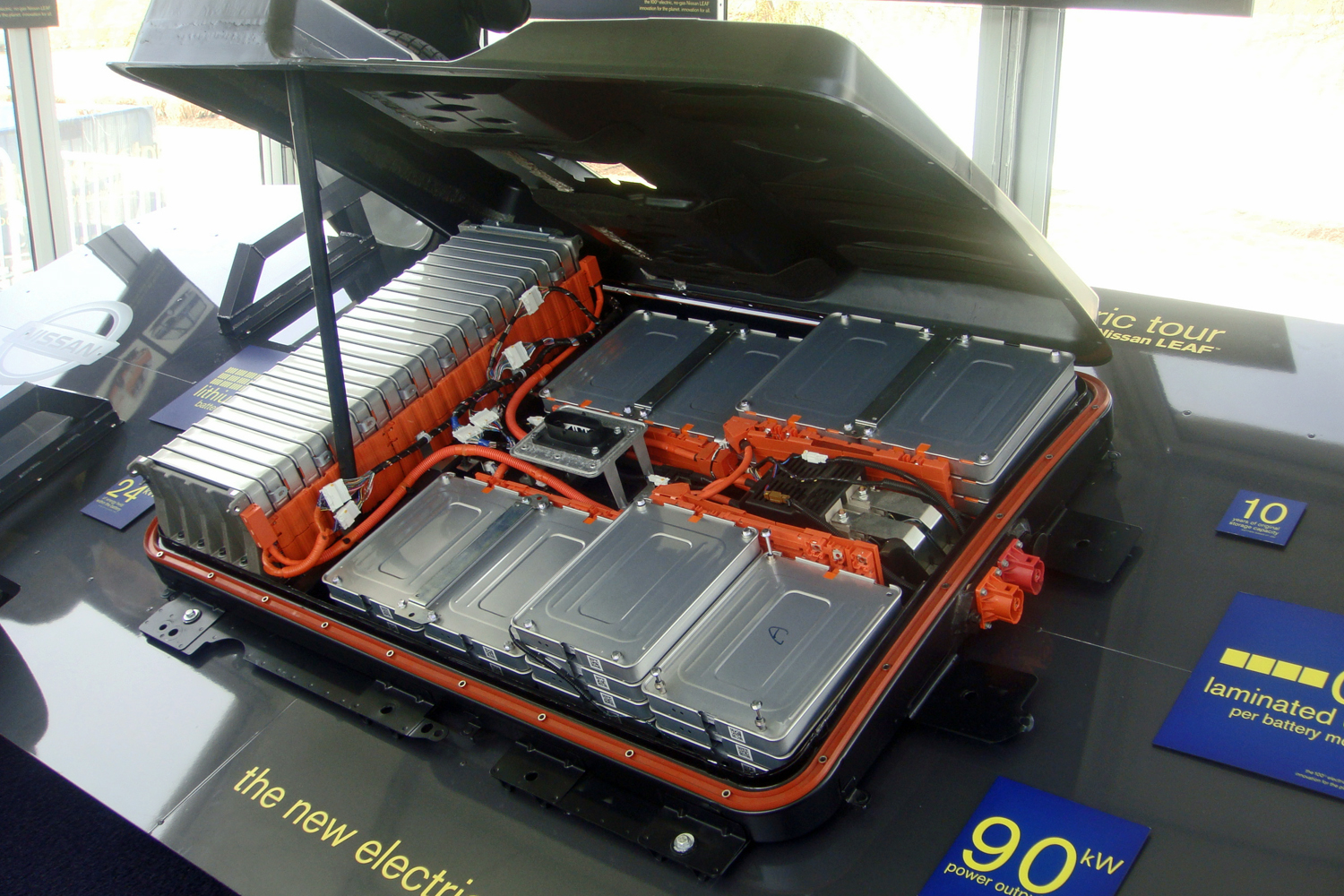Table of Contents
Has a dose of reality hit the Herald editors, or was it simply that something slipped through on a quiet Saturday when no one was looking?
Fancy the MSM in New Zealand actually telling some real facts about JAG’s favourite obsession, electric vehicles (EVs).
An article by Troy Bowker titled “The dirty secrets about electric vehicles” included such statements as “Evidence suggests that EVs risk an environmental catastrophe.”
None of that is news to readers of The BFD but it is amazing that Troy’s article was printed. It certainly would not see the light of day on Stuff. Well done, NZ Herald.
The preaching of the EV gospel has reached evangelical proportions. We are told to believe in EVs (electric vehicles), buy them at whatever cost, drive them and love them, or face damnation.
Politicians advertise what they claim are the sparkling clean, green credentials of EVs.
Associate Transport Minister Julie Anne Genter, for example, plans to push through legislation this parliamentary term for her “feebate” scheme. This would impose further new taxes on people buying ordinary cars and hand the money to those buying new, expensive EVs. The goal is to speed up the conversion of New Zealand’s 4 million-strong car fleet to EVs.
No one in authority seems to have stopped to ask just how environmentally friendly EVs are.
In New Zealand at least, few have asked what we know about the supply chains of EV batteries, including the human-rights implications. […]the evidence is that EVs risk an environmental catastrophe in New Zealand, and a human-rights issue globally.
I believe that when these supply chain issues are fully understood by the public, and misinformation about how clean and green EVs are is replaced with facts, Genter’s “feebate” scheme will be seen for what [it] is – Labour and the Greens jumping on the EV bandwagon without properly considering the full impact, either upstream or downstream.
The essential difference between ordinary cars and EVs is the latter’s massive batteries.
A Newspaper
Troy goes on to illustrate the problem with a comprehensive list of issues that have been well canvased here on The BFD.
- EV batteries are made out of lithium, cobalt, graphite and nickel mined in the world’s poorest countries often under atrocious conditions that would not be tolerated in NZ.
- The battery metals and chemicals contain toxic substances that are currently very difficult and expensive to dispose of cleanly.
- No one has the technology to either dispose of them safely, nor to recycle them in the volumes that Genter dreams about.
- If Genter had her way, there would be 2 million tonnes of used toxic EV batteries to be disposed of every eight years in New Zealand alone.
- That means landfill or shipping off-shore (carbon miles, anyone)
- Buried here they would create toxic landfills leaching chemicals that even in tiny amounts can induce extreme nausea, vomiting, diarrhoea, blurred vision and dizziness in animals and humans. Clean green utopia? Yeah/Nah.
- Used EV batteries are prone to spontaneous combustion, emitting poisonous gases into the air.
- EV battery fires are very difficult to put out. EV battery fires trigger an irreversible chain reaction called thermal runaway burning, with fires burning at 1000C.
If New Zealand is to import EVs on the enormous scale Genter is proposing, we need a well-informed public debate about the cost of EV battery production in terms of both the environment and human rights violations.
Under the Guiding Principles of Human Rights published by the United Nations, all member states and their business communities have an obligation to ensure the supply chains of goods they import are free from child labour exploitation. If these principles are being followed by the Ardern Government when it comes to importing EVs, Genter owes it to us to explain how that can be reconciled with the horrors CNN uncovered in its investigation.
If they are determined to go down the EV path, the Greens and the Labour-NZ First Coalition must urgently and seriously consider – and clearly reveal to the public – how they will address these very serious concerns regarding how to dispose of the dead EV batteries in an environmentally friendly manner and how to guarantee child labour is not being used in their production.

Julie Anne Genter should be asked the following questions:
- Does she realise that used EV batteries contain toxic chemicals that will be harmful to humans and animals if they leak into the water table?
- Does she realise that 50% of the worlds supply of cobalt used in EV battery production is sourced from mines in the Congo where they use child labour and where deaths occur on a regular basis?
- Will she guarantee that EVs imported into New Zealand have not used child labour in their battery production?
- Does she realise that a CNN investigation traced cobalt mined in child slave labour camps in the Congo to EV battery production?
- Does she realise that the lithium and cobalt necessary for most EV batteries is being mined out of the ground in poor countries such as Congo and Bolivia?
- How does she propose that New Zealand safely dispose of the batteries without harming the environment?
- What is her plan to dispose of millions of EV batteries every 5 years if her fee-bate scheme is a success?
- Does she realise that used EV batteries currently are being shipped to Europe for disposal or sent to land fill?
- Does she realise that a German study found CO2 emissions from EVs exceed fossil fuel cars after taking into account the supply chain of the EV batteries?
- Can she guarantee that New Zealand will not be breaching the United Nation guidelines for Human Rights by importing EVs?










